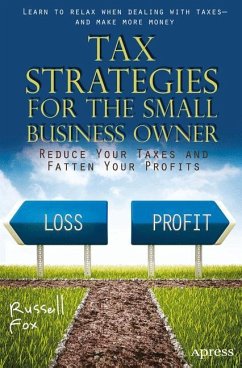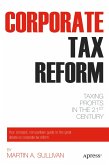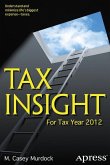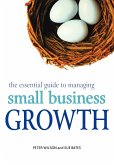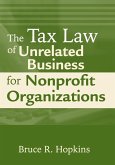Tax Strategies for the Small Business Owner: Reduce Your Taxes and Fatten Your Profits will help the small business owner increase profits while feeling more comfortable dealing with taxes. It begins by looking at the often overlooked critical decision small business owners face when they start a business: the choice of business entity. The book then examines all the deductions that a business owner can take legally to reduce taxes. It also provides advice business owners need to make good tax-related decisions: Should I lease or buy? Should I hire an employee or outsource the task? How much will buying a building reduce my taxes and for how long?
Many people freeze up when they are forced to prepare or even think about taxes. Some receive a notice from the IRS and put it aside: They're too scared to open it! Yet taxes for the most part follow common sense rules. You just need to know what they are and how they affect your decisions. In this book, readers will learn about the different business entities, the different taxes you must deal with (primarily income taxes), documentation procedures, how to work with a tax professional, how to handle an audit, and, in general, how to use the U.S. Tax Code to your advantage. Among other things, readers learn to take full advantage of tax benefits and avoid potholes hidden in things like:
Many people freeze up when they are forced to prepare or even think about taxes. Some receive a notice from the IRS and put it aside: They're too scared to open it! Yet taxes for the most part follow common sense rules. You just need to know what they are and how they affect your decisions. In this book, readers will learn about the different business entities, the different taxes you must deal with (primarily income taxes), documentation procedures, how to work with a tax professional, how to handle an audit, and, in general, how to use the U.S. Tax Code to your advantage. Among other things, readers learn to take full advantage of tax benefits and avoid potholes hidden in things like:
- Startup and ongoing expenses
- Cost of goods sold
- Depreciation
- Payroll
- Retirement plans

